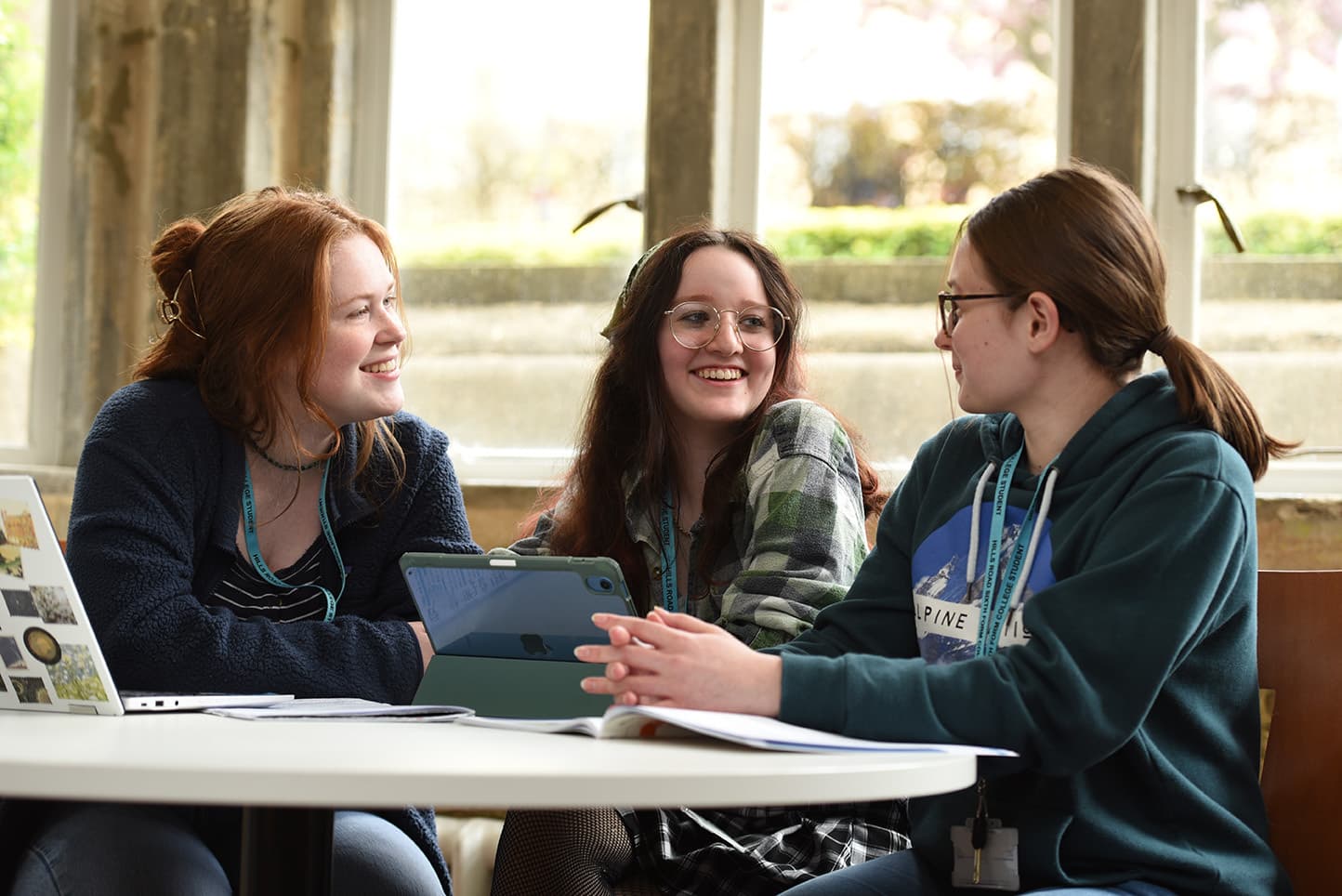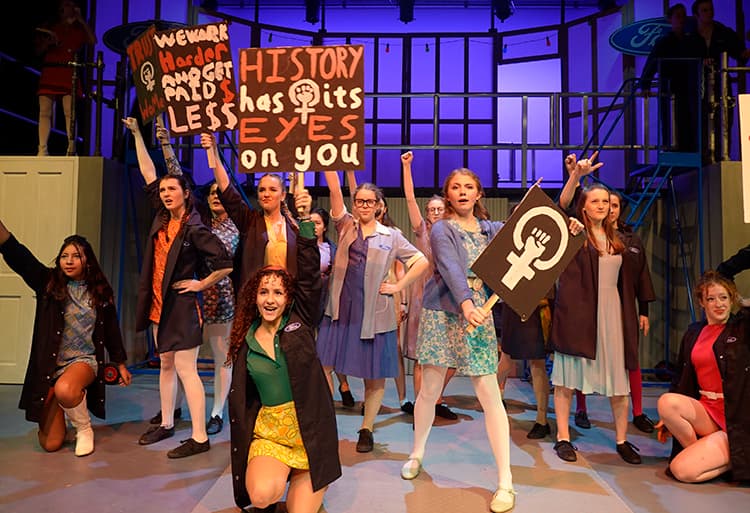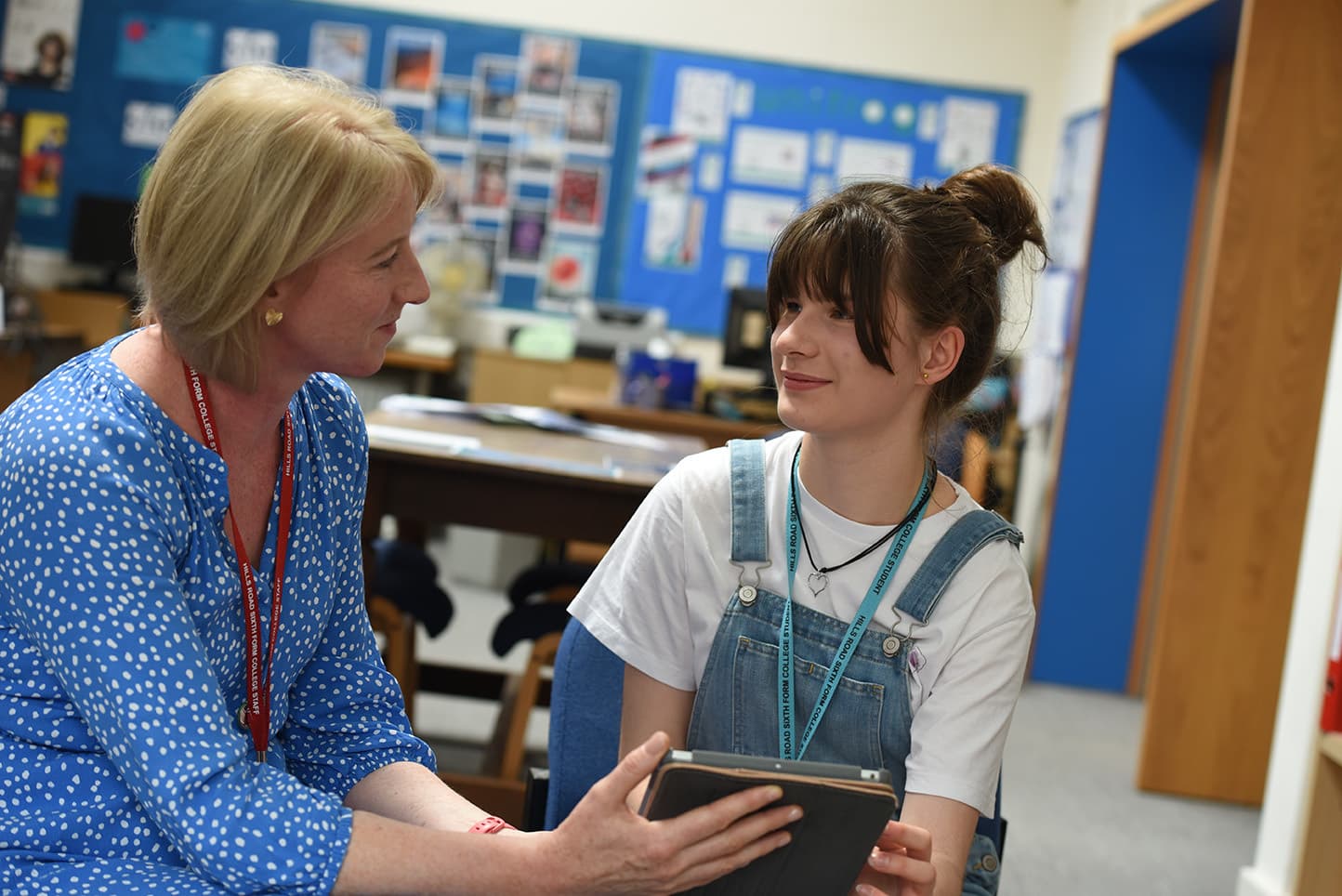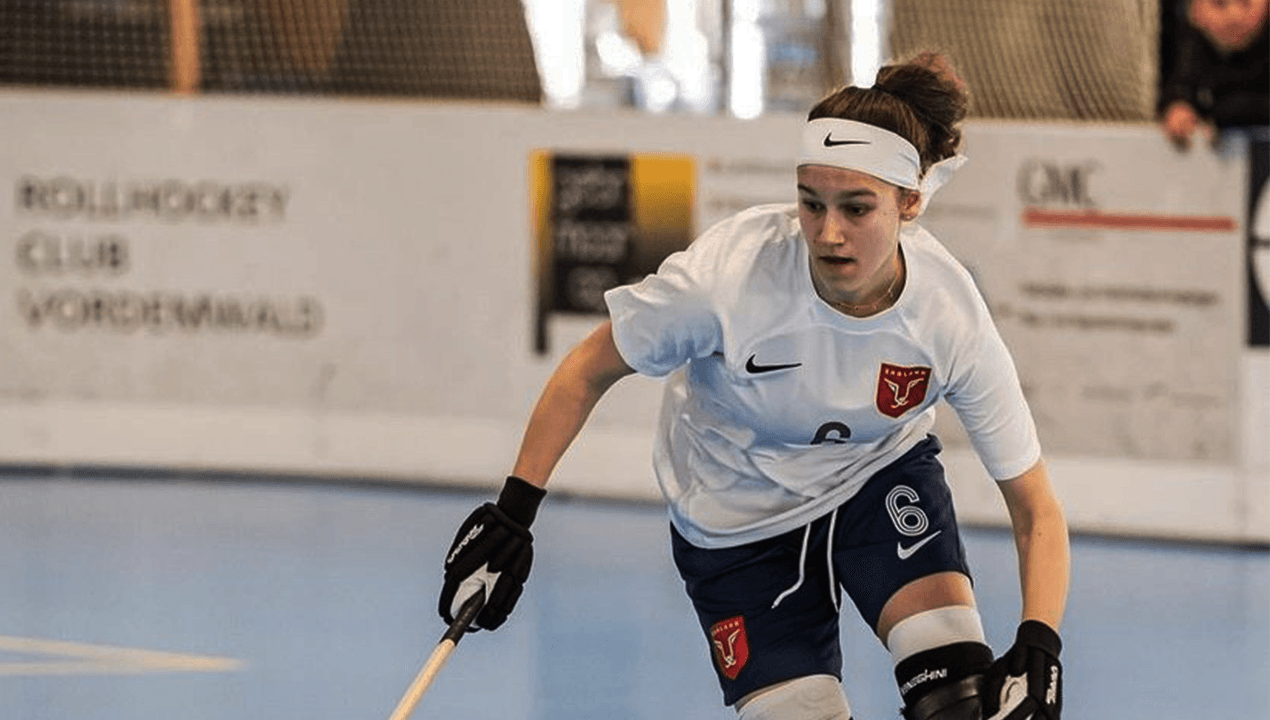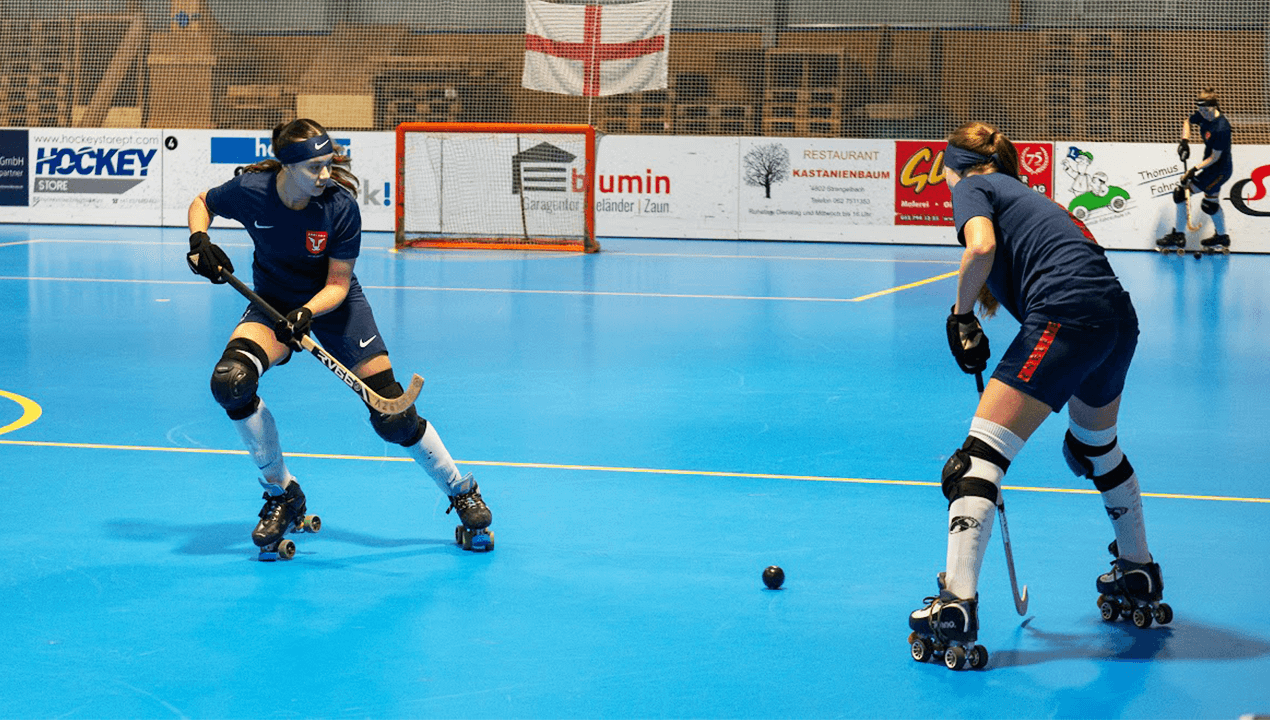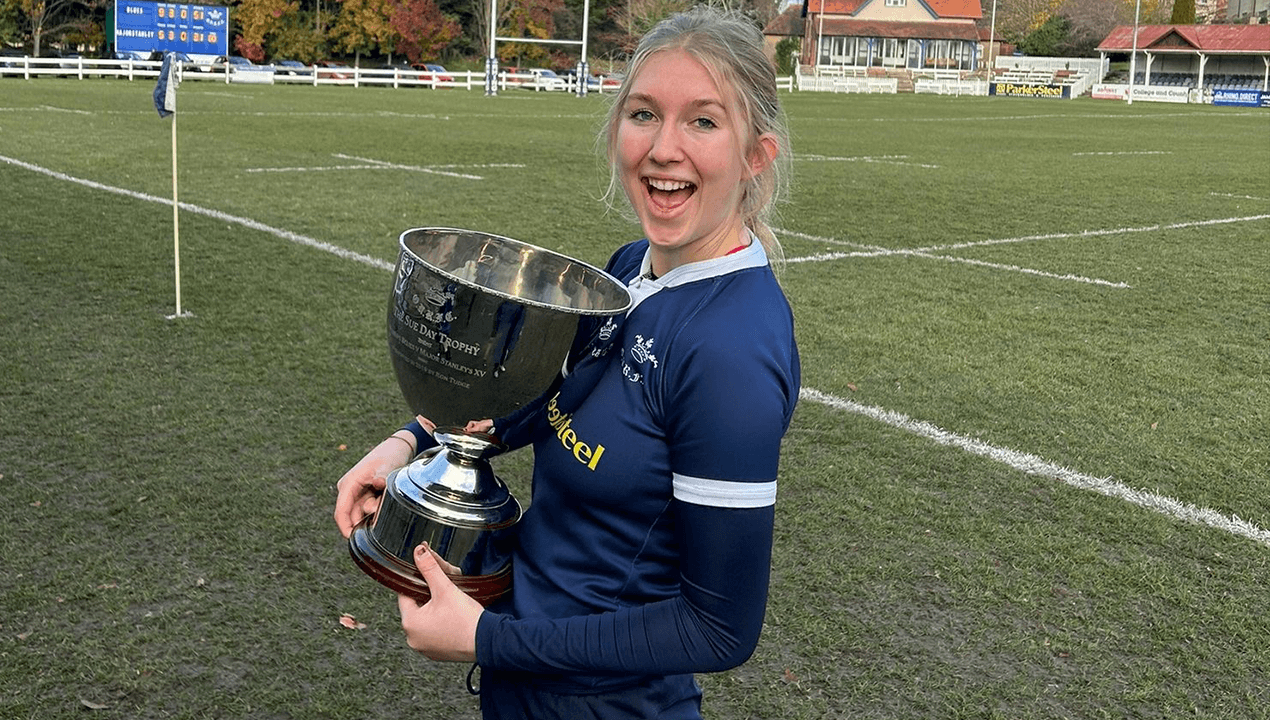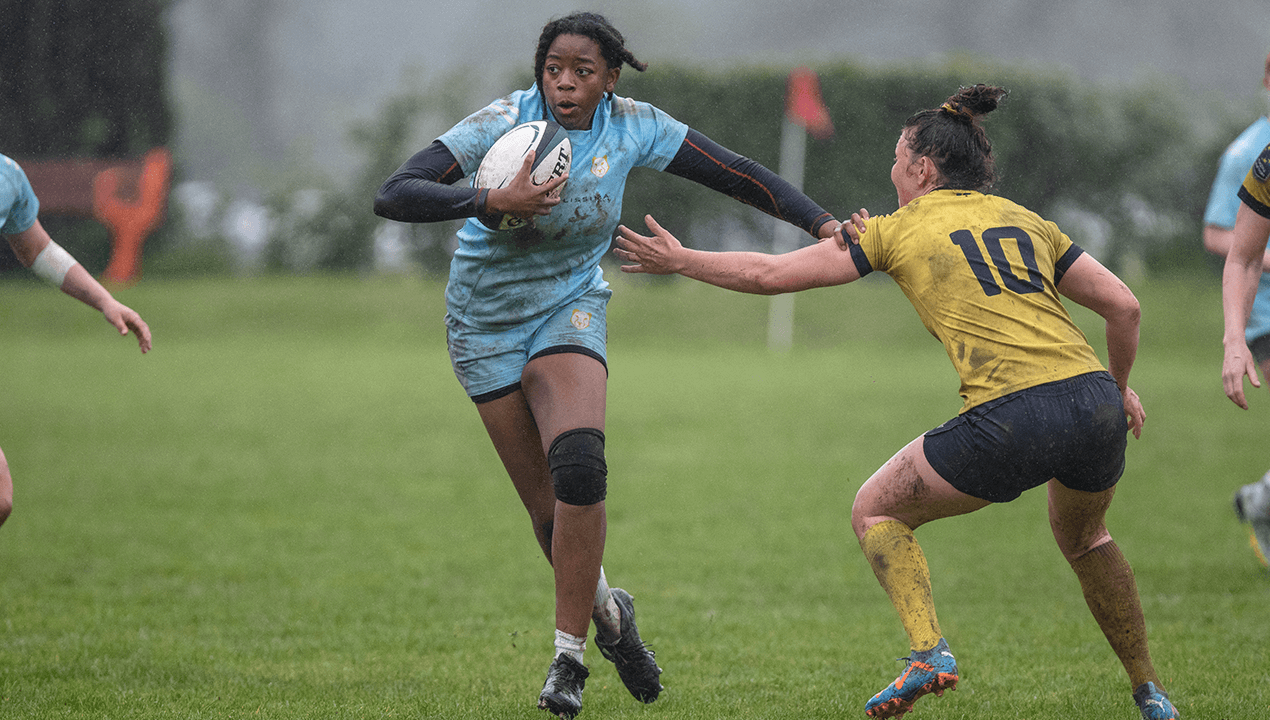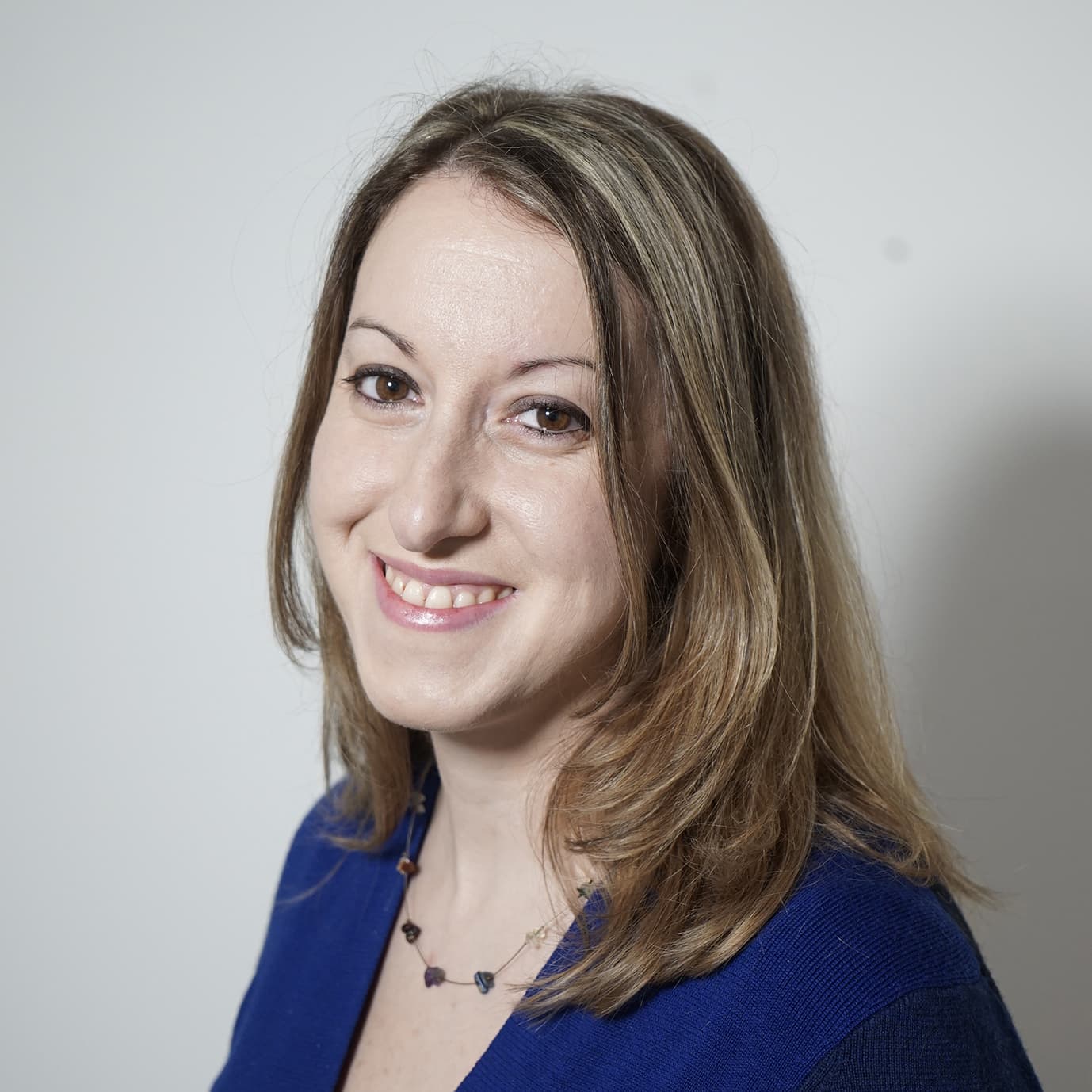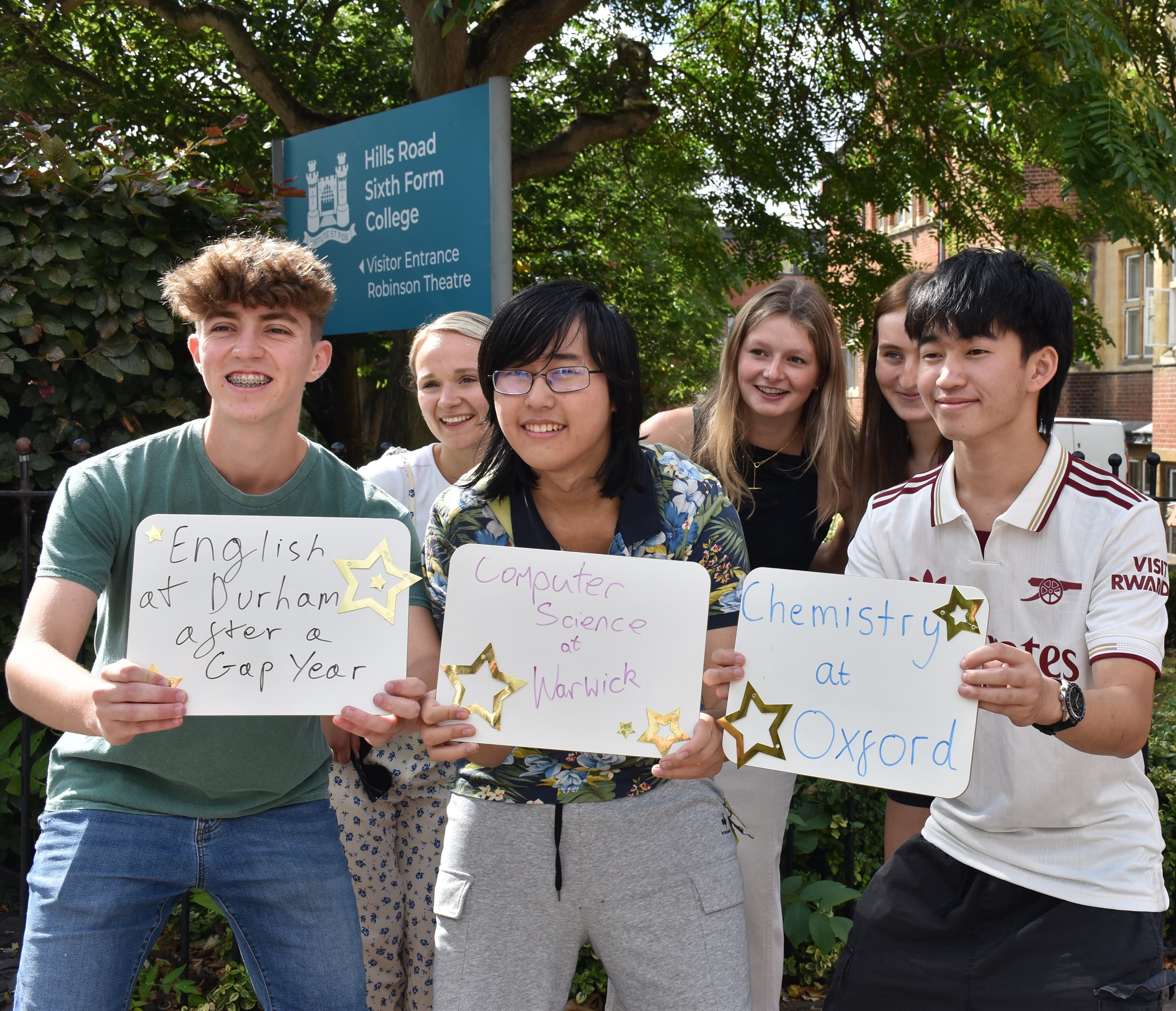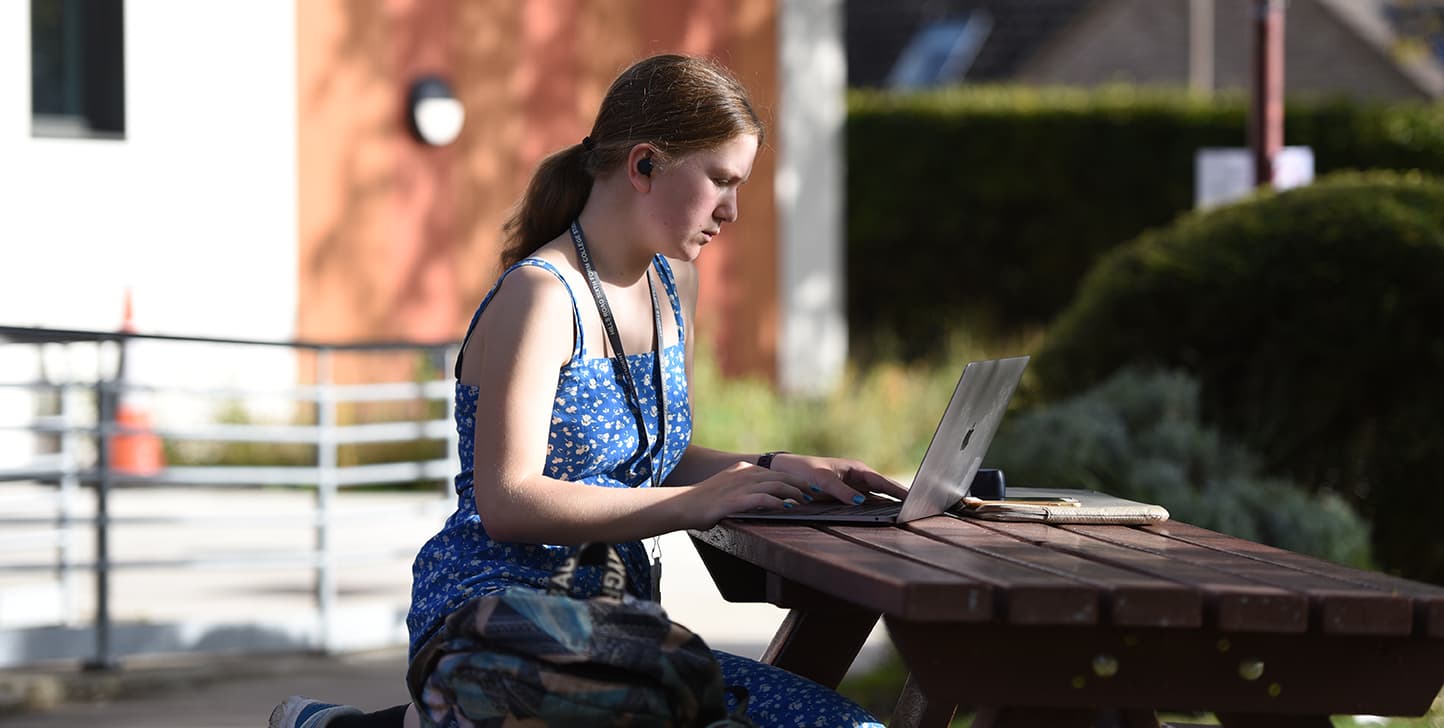
Artefact
Project: Designing and building an electric guitar by upscaling materials.Project rationale:
Robin chose this project because he is interested in woodworking and music. Building and designing the guitar incorporated maths and engineering skills, including detailed and intricate processes and drawing and designing. Robin is thinking about doing engineering or mathematics after Hills.
Project highlights:
Planning: Robin managed his time with multiple project breakdowns and Gantt charts.
Research: Exploring key areas of building and designing a guitar was critical to his project.
Skill development: Combining hand drawing and digital design using Procreate was best for designing the guitar.
Evaluation: Sourcing high-quality materials allowed Robin to create a better guitar, and he also got his materials for free!



